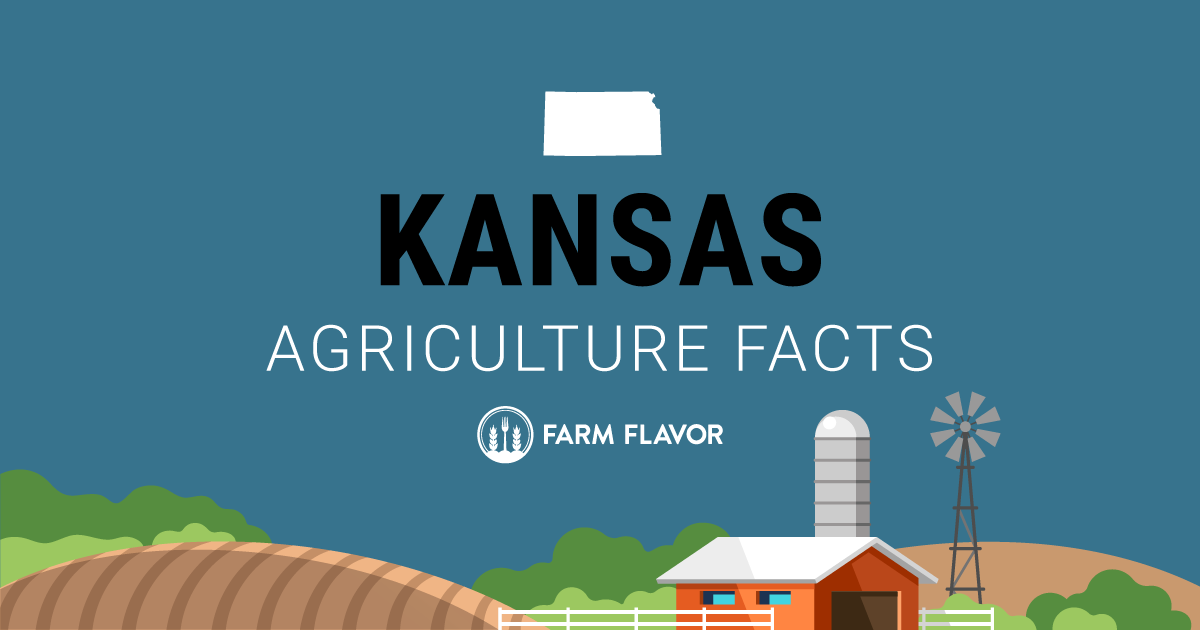Out of state landowners. Much like the recent Montana elk thread. This time Wyoming: https://cowboystatedaily.com/2024/0...tl1wLdEajGVhRm45Bo_aem_FEILilEJb7ykzrM94cbi5g
Last edited:

 coloradosun.com
coloradosun.com
Wheatland-area rancher Juan Reyes charged that Game and Fish was “depriving landowners the opportunity of profitability.”
“That’s a taking,” the Cuban-born Reyes said. “And I came to this country because of socialism.”

That's a bit naive. Look at the participants in Access Yes. Yes there are still some billionaire ranch non-resident landowners that let the public kill cows on their land, but there are many more historic family ranchers participating in the program. Additionally, the latter group is more inclined to let the average folk hunt on their property if you know them and ask/lend a hand on the ranch.NR landowners won’t allow hunting but resident landowners do? BS. It’s all pay to play, NR and Residents alike. I get tired of this attitude that the problem is always NRs. These states thrive off money from NRs and their vacation money but blame too many problems on the hand that feeds them.
Do folks realize corporations have taken over much of farming and ranching? The ranch manager that answers the phone is an employee. I don’t see corporate working ranches being any better than hobby ranches for the rich.
Do you have any evidence to support this? It's certainly not the case in my state, where agriculture is king.

I may be totally off base, but even 30 years ago I worked loading hay for a corporate farm - ranch manager explained how big farms are much more profitable and were gobbling up family farms. We drove 15 miles, past 5 farm houses that were now for ranch hands or storage, there were a dozen others we didn’t see, to the big stacks and a company truck from across the state would drive the hay to horse stables out of state also owned by the same outfit.Even then, what is the definition of a corporation? If you look up plots of land owned by my in-laws you'll see "xxx xxx Hay, LLC" or "xxxx Cattle Corp." It's a family business, but would it show up on the above report as a corporation? No idea.
Big farmers are more diverse, it’s that simple. No different than investing. The hate for big multi generational farmers and ranchers on RS, is unreal.I may be totally off base, but even 30 years ago I worked loading hay for a corporate farm - ranch manager explained how big farms are much more profitable and were gobbling up family farms. We drove 15 miles, past 5 farm houses that were now for ranch hands or storage, there were a dozen others we didn’t see, to the big stacks and a company truck from across the state would drive the hay to horse stables out of state also owned by the same outfit.
Similar stories all over. Just watching the old ranch houses fall one by one and become equipment storage lets you know when they sold out. The big multigenerational ranches butted up to Forest Service, may be family owned, but in each generation fewer stay, and more shareholders are living out of state, until they hire a manager and it becomes no different. Every billionaire seems to want a 5,000 acre ranch - those are considered family owned.
We have a number of subsistence ranches in the family, where nobody gets rich, but it’s a roof overhead - these are so small in the big picture as to be insignificant.
Majority of the LLC and Corps are set for liability protections, these aren’t publicly traded corporate giants also.Who Owns Kansas Farms?
The Census of Agriculture calculates farm ownership by the farm’s legal status for tax purposes. Like many states, Kansas farms are primarily owned and operated by families or individuals, with 46,182 family farms as of 2022, or nearly 83% of all farms in the state. Partnerships accounted for 4,067 farms, or 7.3%, while 3,795 farms, or 6.8%, are owned by corporations. Other farms, such as estates or trusts, prison farms, grazing associations, American Indian Reservations, etc., make up about 3% of farms in Kansas.
Kansas farmers are predominantly men. According to the Census of Agriculture, there were 66,076 male farmers in Kansas in 2022, making up 66% of the state’s total producers. Kansas’ 34,579 women farmers accounted for 34% of the total.

Top Kansas Agriculture Facts From the 2024 Census of Agriculture
Discover interesting Kansas agriculture facts, from the number of farms in the state to the top agricultural products and more.farmflavor.com
